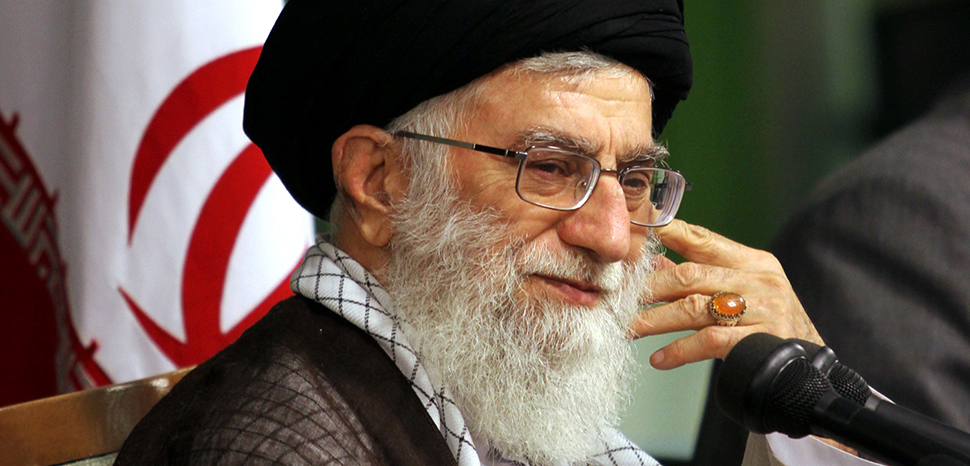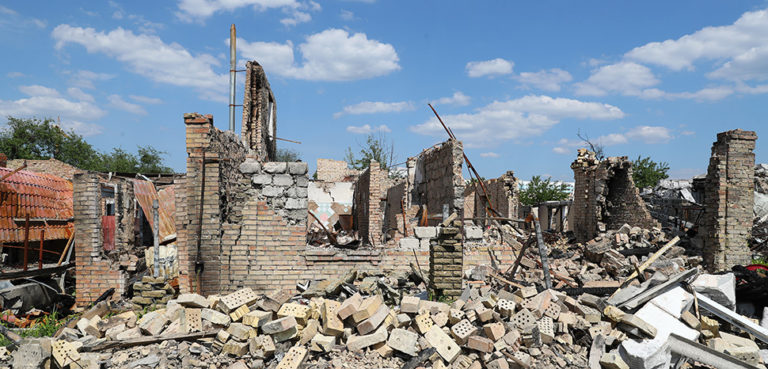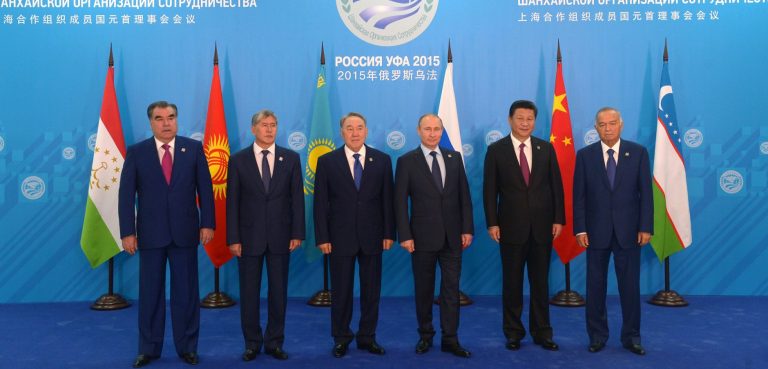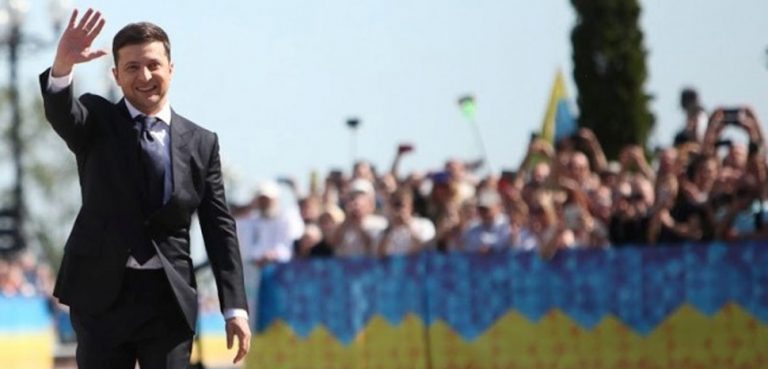The last five years have demonstrated that then US President Donald Trump was right to dump the Iranian nuclear deal. Since then, Iran has shown itself even more to be an agent of instability and exporter of extremism and terrorism.
Iran has undertaken various forms of military aggression and terrorism against a host of countries that include Israel, Syria, Yemen, Azerbaijan, and Ukraine. Iran has openly declared its genocidal intent to remove three countries from the face of the earth.
In Iranian eyes, Israel is its number one target for destruction. But Azerbaijan and Ukraine are close behind. Iran poses an existentialist threat to Azerbaijan. This is seen in the recent unprovoked terrorist attack against the Azerbaijani embassy in Tehran, subversion by Iranian-backed extremists and special services, military intervention in the 2020 Second Karabakh War, military threats, and a burgeoning military alliance with Armenia. In October of last year, Iran conducted large-scale military exercises on the border, practicing crossings of the Aras River that constitutes most of its common border with Azerbaijan.
The Iranian establishment and Persian nationalists do not recognise the existence of an Azerbaijani people, believing the region was unfairly taken from it by Russia and the USSR. The southern part of Azerbaijan, which is inhabited by 20-30 million Azerbaijanis, remained part of Iran. Iran’s denial of Azerbaijani identity closely resembles Russia’s denial of a Ukrainian state and a Ukrainian people. Armenia has backed Iran in seeking to erase an Azerbaijani identity by reidentifying Mosques and monuments from Azerbaijani to Persian.
Iran’s newest enemy is Ukraine. Iran has eagerly joined Russia’s war against the allegedly US-dominated unipolar world. Iran and Russia claim the war they are fighting in Ukraine is a proxy war against the West and they wish to bring down US hegemony and the unipolar world. After Turkey refused to supply its famed Bayraktar drones, Russia turned to Iran who agreed to supply cheap drones.
Iranian drones are being used solely to attack Ukrainian civilian targets, as in Israel. The Iranian regime is therefore complicit in war crimes in both Ukraine and Israel.
Azerbaijan has blamed the Iranian authorities for the January 27th attack on its embassy which represented a direct assault on international law and diplomatic credentials. Azerbaijani President Ilham Aliyev said the ‘Iranian government should have a transparent investigation. We must be informed about that. The terrorist must be punished, but most importantly, those who sent the terrorist, those representatives of the Iranian establishment who did this brutal act against Azerbaijan, must be brought to justice. Only after that we can talk about any kind of normalization.’
In late 2022, the Azerbaijani State Security Service (SSS) arrested 19 members of an Iranian backed group, the Shia extremist Muslim Unity Movement, that had been infiltrated into the country with extremist materials and weapons. The group had been trained by the Iranian Revolutionary Guard in Syria. Diplomats, but more likely intelligence agents at the Iranian Embassy in Baku provided the group with some logistics to assist the group to organise rallies in different regions of Azerbaijan.
Iranian threats to the security of Israel cannot be divorced from those to Azerbaijan and Ukraine. In the light of this, the US should pursue six policies to contain Iran and reduce its ability to be an exporter of instability.
The first should be to support anti-regime protests and the goal of regime change. A post-clerical regime may not turn out to be democratic, but it is unlikely to continue to be an agent of instability.
The second is to back the EU in brokering a peace agreement between Azerbaijan and Armenia that would assist in the normalisation process between Turkey and Armenia. With Armenia no longer a potential security threat, Azerbaijan could focus on containing threats emanating from Iran.
The third policy relates to Armenia. In ending over three decades of conflict, Armenian Prime Minister Nikol Pashinyan would gain greater ability to manoeuvre out from under Russia’s influence, scale down his country’s alliance with Iran, and re-start integration talks with the European Union that were suspended in 2013. The US should back Pashinyan’s movement away from Russia and towards Europe.
The fourth would be for the US to repair relations with Turkey, a NATO member that has played a constructive role in the war in Ukraine. Turkey has a strategic and military partnership with Azerbaijan and is supplying weapons to Ukraine. Turkey has long viewed Iran as an agent of instability with whom it has clashed in Syria and Azerbaijan.
The fifth would be for the US to encourage Israel to provide defensive military equipment, such as air defence, to Ukraine to counter Iranian drones and missiles. Iran is using Ukraine as an experimental testing site for the development and improvement of its weapons that it will eventually use against Israel. In gratitude, Russia is supplying Iran with nuclear technology that will be used for the building of an Iranian nuclear arsenal.
Finally, the US should militarily and diplomatically back an Azerbaijani-Turkish-Ukrainian partnership that would counter Iran’s export of instability and its military alliance with Russia. The US should recognise Azerbaijan’s new strategic importance to Europe’s energy needs after it ended its dependency on Russia.
Dr. Taras Kuzio is a professor of political science at the National University of Kyiv Mohyla Academy and author of the just published Genocide and Fascism: Russia’s War Against Ukrainians
The views expressed in this article belong to the authors alone and do not necessarily reflect those of Geopoliticalmonitor.com.




